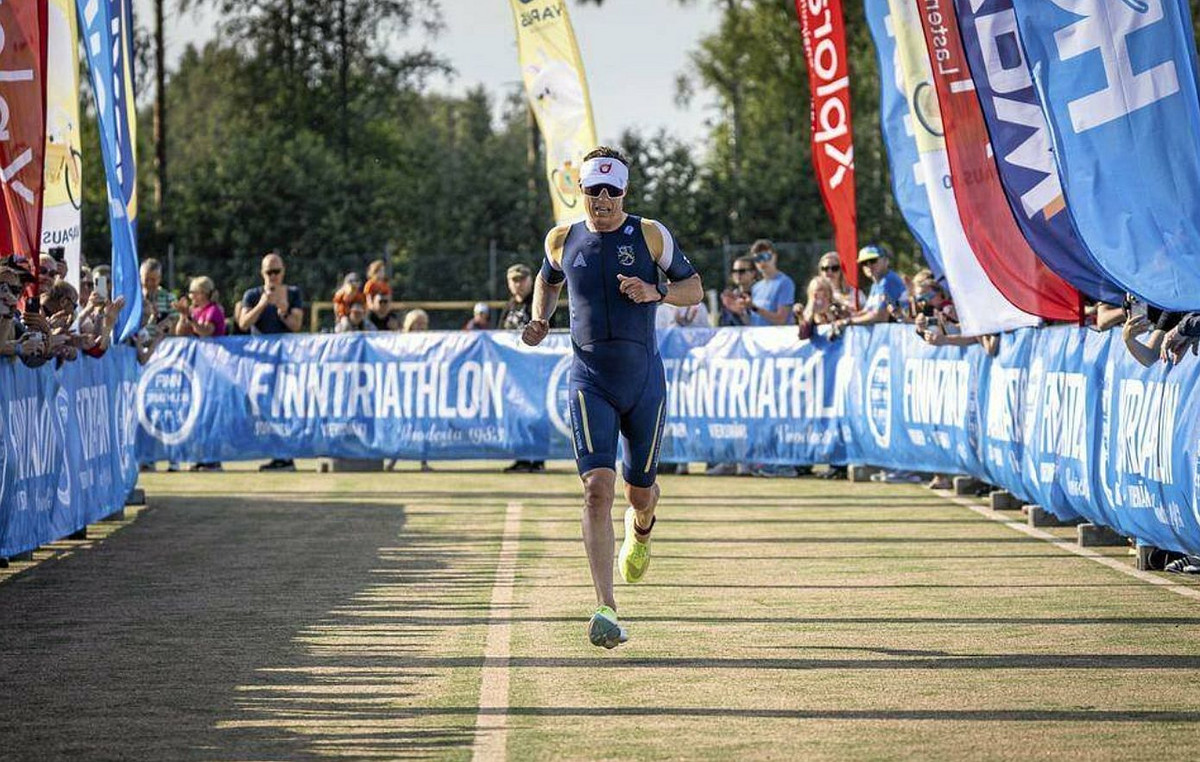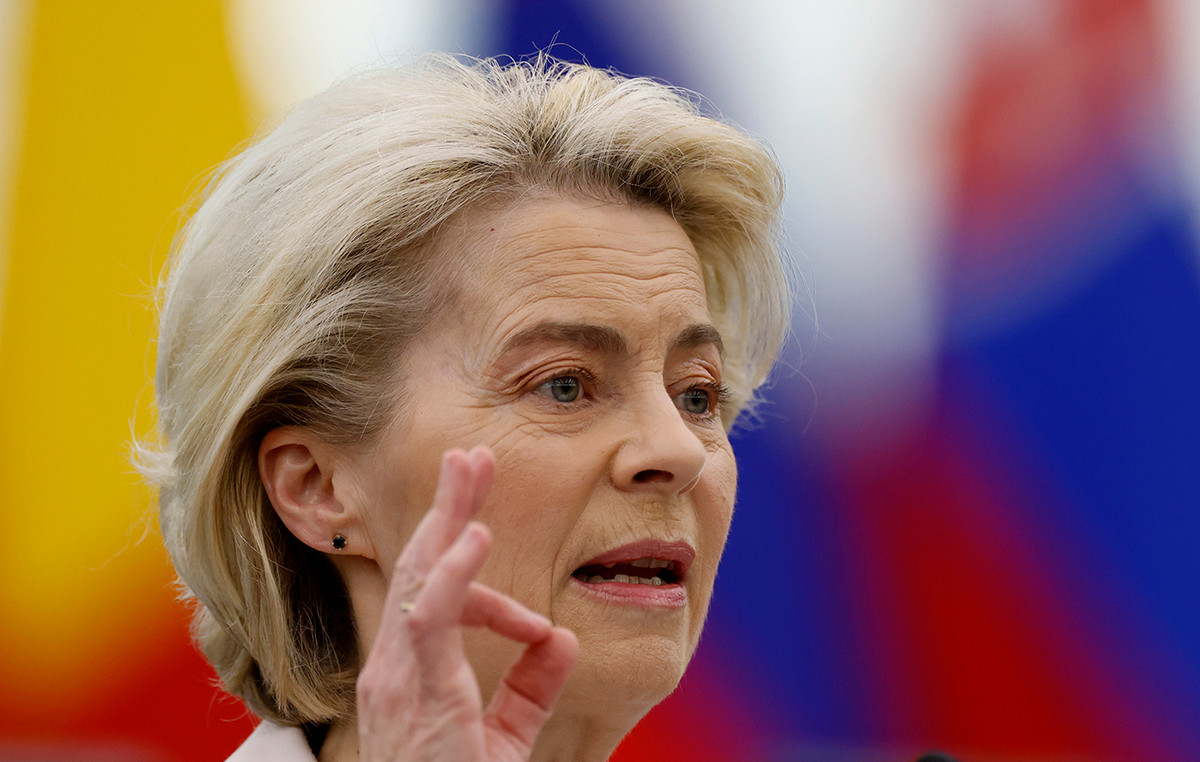In the period 2021 to 2023, the Brazil had 164,199 cases of sexual violence against children and adolescents up to 19 years old . The findings are part of the second edition of the report Panorama of Lethal and Sexual Violence against Children and Adolescents in Brazil. The study was released this Tuesday (13) by the United Nations Children’s Fund (UNICEF) and the Brazilian Public Security Forum (FBSP), a non-governmental organization formed by security professionals, academics and representatives of civil society.
The report shows the increasing trajectory of the number of victims. There were 46,863 cases in 2021, 53,906 in 2022 and 63,430 in 2023, which equates to one case every eight minutes in the last year .
The researchers point out that the numbers could be higher for two reasons: the states of Acre, Bahia and Pernambuco failed to send data for at least one of the three years analyzed. Another factor is underreporting.
The survey cites a study by the Institute of Applied Economic Research (Ipea), indicating that “only 8.5% of events are reported to law enforcement authorities ”.
The report is in its second edition. The first provided information from 2016 to 2020. However, according to the organizers, there are differences in the way the states provided the data, preventing direct comparison between the editions.
Victim profile
The survey – which also provides data on lethal violence – outlines a profile of victims of sexual violence, which includes both boys and girls. Gender feminine accounts for 87.3% of the records. In almost half of the cases in the country (48.3%), the victim is between 10 and 14 years old and 52.8% are identified as black (group of black and brown people).
The report divides the young population into four age groups, and in all of them, there was an increase in rape cases. In the population up to 4 years old, in the last year, the number of cases increased by 23.5%; between 5 and 9 years old, the increase was 17.3%. In the majority group, between 10 and 14 years old, the numbers increased by 11.4%. Among young people aged 15 to 19, there was an increase of 8.4%.
“We are talking about high numbers that are growing, and more so in the age group of young children,” said UNICEF’s Protection Against Violence Officer, Ana Carolina Fonseca.
The report points out that Brazil had a rate of 131 female rape victims for a group of 100,000 in the age range up to 19 years. Considering males, the rate is 19.9 crimes for every group of 100,000 inhabitants. Thus, a girl up to 19 years old is seven times more likely to be a victim of sexual violence compared to a male individual in the same age group.
When analyzing only cases of violence against girls, the data collected shows that 53.2% of victims are black, white represents 45.9% and 0.9% is divided between indigenous and Asian.
The data also indicate that 67% of girl victims are raped at home . In 85.1% of cases, the perpetrator of the crime was known to the girl.
Criticism of the bill
The researchers highlight that, from 2021 to 2023, 117 thousand girls up to 14 years old were raped, an average of 39 thousand per year. The analysts point out that “the curve of cases by age of the victim increases considerably for victims aged 10 to 13”, a phase of life in which the girl is entering puberty and beginning her reproductive cycle”.
“As a consequence of this sad phenomenon, thousands of children, in addition to the trauma of violence suffered, may have to deal with all the consequences of an unwanted pregnancy,” the study points out.
The UNICEF report associates these cases of sexual violence with data from the Department of Information Technology of the Unified Health System (Datasus), which indicates 31,749 children born to mothers aged 10 to 14 in the 2021 and 2022 biennium.
By highlighting that in this age group any sexual intercourse is considered rape, the researchers criticize Bill 1904/2024, which is being processed in the Chamber of Deputies and provides that abortion performed after 22 weeks of gestation, in any situation, will be considered homicide, including in the case of pregnancy resulting from rape.
“Limiting abortion to the 22nd week would mean imposing on thousands of girls in the country either the penalty of an unwanted child pregnancy or the penalty of serving a socio-educational measure, which for victims over 18 years of age would be prison,” warns the report.
The team that prepared the UNICEF and FBSP document notes that, often, children simply do not have the discernment to understand that they are suffering sexual violence. “It is not uncommon for cases of consecutive rapes suffered by girls to only be noticed by the protection network after they result in pregnancy,” the report states.
UNICEF’s Violence Protection Officer, Ana Carolina Fonseca, points out two main directions of action to combat sexual violence against children and adolescents.
“When we talk about young children, it is very important that all services that these children go through are very attentive to signs.” She mentions professionals in early childhood education, health services and social assistance.
Often it will be these adults outside the family – because we know that sexual violence happens, above all, in the family environment – who will be able to generate this alert and ensure that this child is seen and cared for.
Ana Carolina Fonseca, UNICEF Violence Protection Officer
As the child grows, Ana Carolina believes that sexual education becomes more important.
“We need to increasingly talk about sexual education, education about our own bodies, about rights, about protection, so that these children and adolescents know how to identify when they are victims of violence and know that they can count on help and where to seek it,” concludes the UNICEF representative.
Source: CNN Brasil
I’m James Harper, a highly experienced and accomplished news writer for World Stock Market. I have been writing in the Politics section of the website for over five years, providing readers with up-to-date and insightful information about current events in politics. My work is widely read and respected by many industry professionals as well as laymen.







